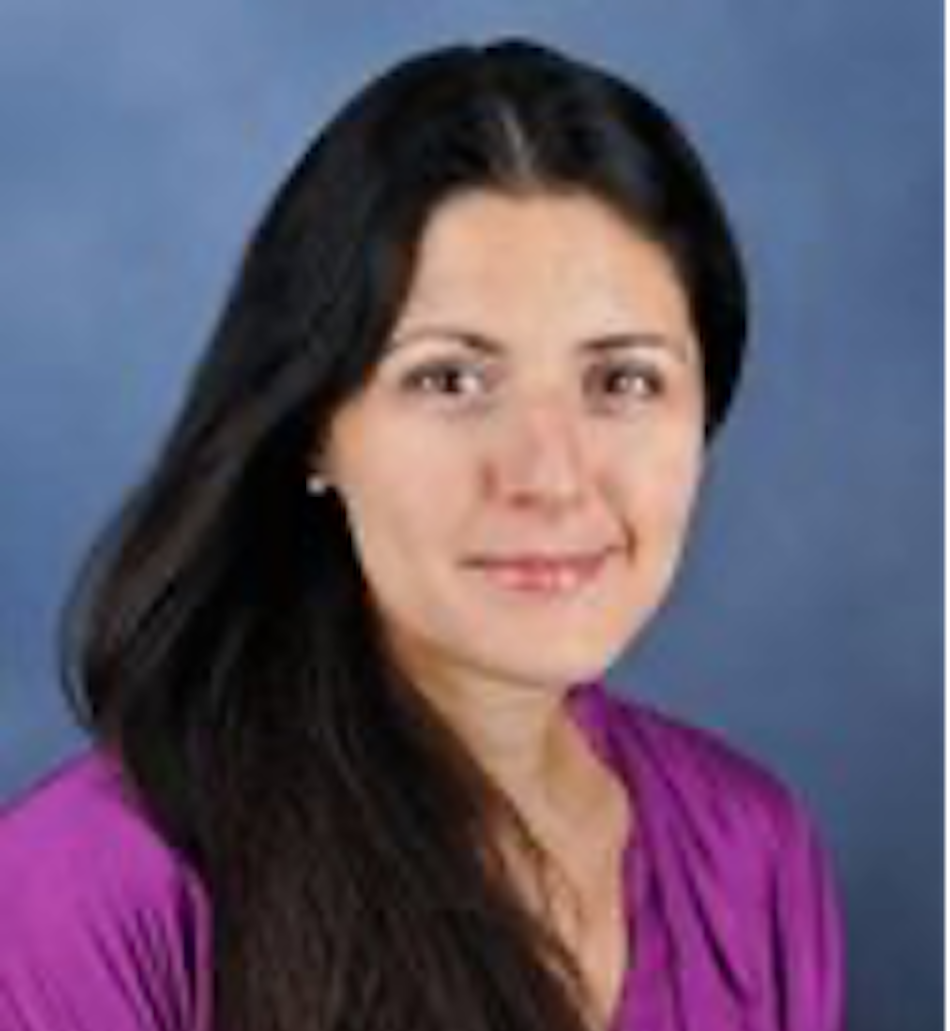Dr. John S. Gero
John Gero is a Research Professor in Computer Science and Architecture at the University of North Carolina, Charlotte, and a Research Professor at the Krasnow Institute for Advanced Study and at the Department of Computational Social Science, George Mason University. Formerly he was Professor of Design Science and Co-Director of the Key Centre of Design Computing and Cognition, at the University of Sydney. He is the author or editor of 54 books and over 700 papers and book chapters in the fields of design science, design computing, artificial intelligence, computer-aided design, design cognition and design neurocognition. He has been a Visiting Professor of Architecture, Civil Engineering, Cognitive Science, Computer Science, Design and Computation or Mechanical Engineering at MIT, UC-Berkeley, UCLA, Columbia and CMU in the USA, at Strathclyde and Loughborough in the UK, at INSA-Lyon and Provence in France and at EPFL-Lausanne in Switzerland. His former doctoral students are professors in the USA, UK, Australia, Finland, India, Japan, Korea, New Zealand, Singapore and Taiwan.
Current and recent research funding has been from the NSF (CMMI, CNS, EEC, IIS and SBE Programs), DARPA and NASA.
He has been the recipient of many excellence awards including the Harkness Fellowship, two Fulbright Fellowships, two SRC Fellowships and various named chairs. He is on the editorial boards of numerous journals related to design science, computer-aided design, artificial intelligence and knowledge engineering and is the chair of the international conference series Artificial Intelligence in Design, the conference series Design Computing and Cognition and the international conference series Computational and Cognitive Models of Creative Design.
Professor Gero is also an international consultant in the fields of design research, design cognition, computer-aided design, artificial intelligence in design and technology policy.







